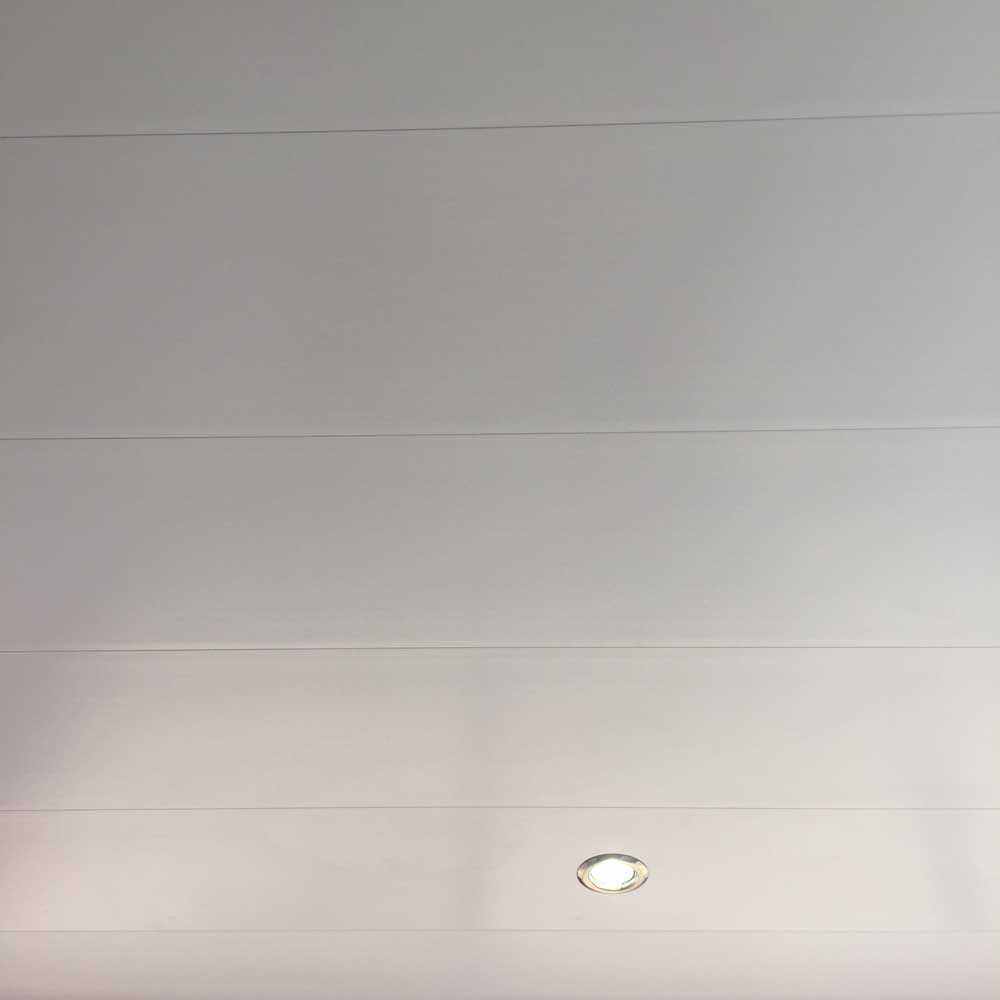
Unveiling the Ultimate Bond: Exploring the Best Adhesive for PVC Wall Cladding
PVC wall cladding has become increasingly popular due to its durability, versatility, and aesthetic appeal. However, choosing the right adhesive for PVC wall cladding is crucial to ensure a long-lasting and secure installation. In this article, we will delve into the world of adhesives and unveil the best adhesive options for PVC wall cladding, providing you with valuable insights and expert recommendations.
- Understanding the Importance of Choosing the Right Adhesive:
When it comes to PVC wall cladding, the adhesive plays a pivotal role in ensuring a strong bond between the panels and the wall surface. The adhesive must possess certain key characteristics to withstand environmental factors, temperature changes, and moisture exposure. Additionally, it should provide excellent adhesion properties, flexibility, and resistance to aging. - Epoxy Adhesives: The Unrivaled Choice for PVC Wall Cladding:
Epoxy adhesives have emerged as the top choice for PVC wall cladding due to their exceptional bonding strength and durability. These adhesives consist of two components, a resin and a hardener, which, when mixed together, create a chemical reaction resulting in a strong and permanent bond. Epoxy adhesives offer excellent resistance to moisture, temperature variations, and chemicals, making them ideal for both interior and exterior applications. - Polyurethane Adhesives: A Versatile Alternative:
Polyurethane adhesives are another popular choice for PVC wall cladding. These adhesives provide a strong bond and offer excellent flexibility, allowing for natural expansion and contraction of the PVC panels. Polyurethane adhesives also exhibit good resistance to moisture, UV rays, and aging, making them suitable for both indoor and outdoor installations. However, they may require longer curing times compared to epoxy adhesives. - Solvent-Based Adhesives: A Traditional Option:
Solvent-based adhesives have been widely used for PVC wall cladding installations. These adhesives contain volatile organic compounds (VOCs) and require proper ventilation during application. While solvent-based adhesives offer good initial bonding strength, they may be less resistant to moisture and temperature fluctuations compared to epoxy and polyurethane adhesives. Additionally, the presence of VOCs raises environmental concerns. - Hybrid Adhesives: The Best of Both Worlds:
Hybrid adhesives combine the advantages of different adhesive technologies, offering a versatile solution for PVC wall cladding. These adhesives often combine the bonding strength of epoxy or polyurethane with the ease of application and quick curing properties of other adhesive types. Hybrid adhesives provide excellent adhesion, flexibility, and resistance to environmental factors, making them a reliable choice for PVC wall cladding.
Conclusion:
Choosing the best adhesive for PVC wall cladding is crucial for ensuring a secure and long-lasting installation. Epoxy adhesives stand out as the top choice, providing exceptional bonding strength and durability. However, polyurethane adhesives, solvent-based adhesives, and hybrid adhesives also offer viable options depending on specific project requirements. By considering factors such as bonding strength, flexibility, resistance to environmental factors, and curing time, you can make an informed decision and achieve a flawless PVC wall cladding installation.